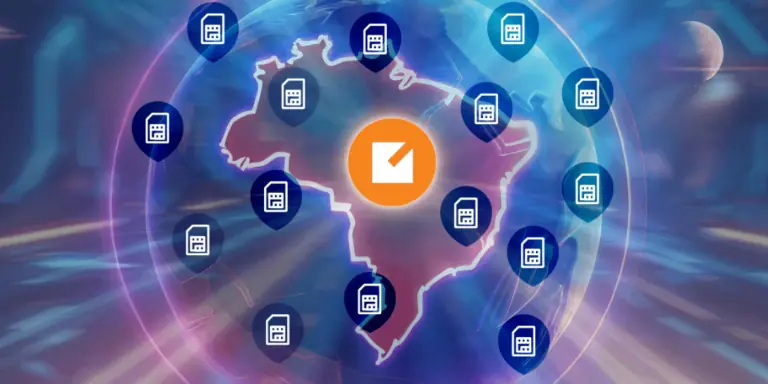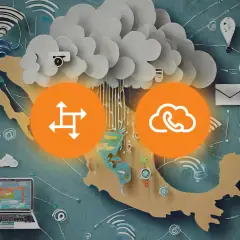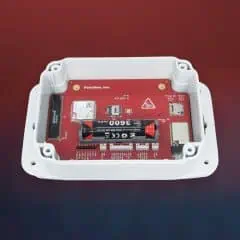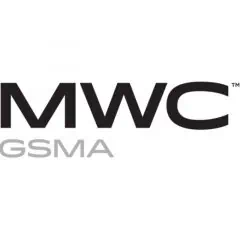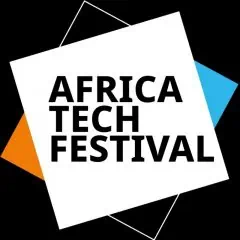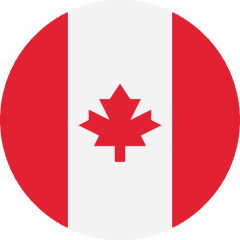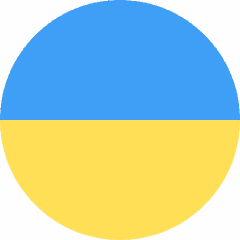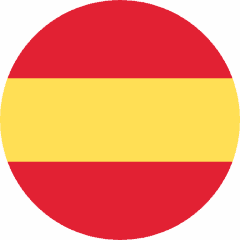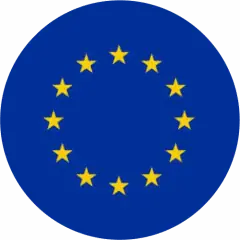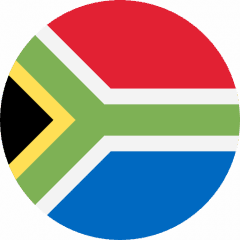
When a telecom wants to completely transform its range of services, there are two options: you can invest in expensive, brand-new infrastructure, or you can find a way to expand the limits of what you already have. For Brazil-based Datora Group, the choice was easy. The company has been a PortaOne customer since 2005, and when it was time to expand into the world of IoT (meaning connected smart sensors) and M2M (meaning “machine-to-machine” communication), they knew they could rely on our team to make their telecom platforms do what was needed.
M2M technology and telco billing: an efficient solution
“Back in 2016, Datora had been mainly delivering voice services under the Vodafone brand in Brazil, but they were starting to deliver mobile services on top of that,” says Klaus Haertel, director of global channel and alliances at PortaOne. “They had their own mobile core, and they wanted to grow that business into M2M. So they started to wonder: rather than purchase new infrastructure for the billing and charging, could they re-use their existing on-premise PortaSwitch installation and licenses and have PortaBilling support this new mobile business they were launching?”
The answer was yes – but then Datora’s M2M technology plans got even bigger. To meet that new vision, PortaOne would have to help them take their infrastructure reno even further.
IoT cloud transformation – and the birth of a new enterprise
Like many PortaOne customers, Datora always has an eye out for new opportunities. In Brazil, many of those opportunities lie in smart agriculture. Brazil is among the world’s top five exporters of agricultural products, and in an era where droughts and heatwaves are becoming more frequent, data analytics, sensors, and other IT solutions can help farmers tailor their practices to increase yields, lower water use, and – as you’ll read soon – even reduce mortality rates in livestock.
To tap into that market and other IoT and M2M growth areas, Datora Group created Arqia, a mobile technology unit designed to supply SIM cards for IoT initiatives and to help companies expand into mobile services through the MVNO business model. But while the number of IoT or M2M SIM cards a given venture might need can be high, the revenue Arqia can earn from each SIM card is small – unlike “human” users, businesses that want to deploy IoT SIM cards for use in things like vehicle tracking devices or smart meters typically buy them in bulk, paying only a few dollars (or less) for each.
IoT architecture for massive transaction volume
To make the business model work, Arqia needed volume, and lots of it. That meant the company’s existing infrastructure – a single Oracle RAC-based installation designed to handle voice traffic and running PortaSwitch MR55 – might not have been enough to handle that volume. On top of that, there would be the risk of unexpected “spikes” in the sea of IoT devices that could negatively affect service for the company’s existing voice customers. Luckily, advances in Oracle’s Cloud Infrastructure (OCI) were keeping pace with Datora’s vision.
“We could not have made this work with the cloud technologies that existed four years ago,” says Klaus Haertel. “We have Oracle as our partner for this project, and in the past you would have had to use their ‘bare-metal’ shapes [hardware servers] to process the kind of volume that Arqia was looking for. That would have been very expensive. But with the evolution of cloud technology, we can now offer a high level of performance with Oracle’s virtual machines – in this case, the DenseIO E4 flex shapes – and that allows ventures like Arqia to be able to afford the capacity for a massive transaction volume.”
How massive? Just last year, Arqia reached 3 million active SIM cards. Each one of those cards has to “phone home” to Arqia’s PortaBilling cloud installation every 10 to 15 minutes, constantly generating new transaction records, or xDRs. Currently, the company has reached a total of 2,000 xDRs per second, adding up to 2 billion xDRs processed by PortaBilling every month.
IoT examples: Using PortaBilling to support… cows?
Selling SIM cards to IoT enterprises might seem like a simple business model, but the use cases are limitless – all you need is the creativity to imagine them. That innovative spirit is perfectly exemplified by Brazil’s “connected cows”: thanks to tiny sensors that can track changes in the bloodstream of cattle – supported by connectivity from telcos like Arqia – farmers are able to remotely monitor the health of their herds, allowing them to react quickly to things like illness or births. Studies have shown that these cattle tracking sensors can reduce livestock mortality from birthing complications by up to 80%.
“PortaBilling is a powerful tool for core telco services like data and voice, but customers like Datora are proving that there is so much else you do with it – and that the best solution to shrinking margins in the telecom industry is your own creativity,” says Klaus Haertel. “What other digital services could you monetize? If you bring us your ideas, we can help you customize our platforms and create the integrations that help you bill and charge for those ideas. ”
What is IoT going to bring to your telco? PortaOne platforms are ready adapt… whatever it may be
Building a cloud system that could support 2 billion monthly transactions was not easy – it took the PortaOne and Datora teams two years of experimenting and testing to find the most effective balance of computing shapes, load, memory, speed, storage, and Oracle commercial agreements. Now, thanks to that collaborative effort, Datora and Arqia have the IoT/M2M infrastructure they need to grow with and adapt to the Brazilian IoT and mobile markets.
And the whole industry can benefit from Datora’s initiative, too – not just because the PortaOne team is now in an even better position to help the next telco that wants to transform their business to meet a new IoT or M2M opportunity, but also because many of those features are now built into our platforms.
“Datora got an IoT system that meets their commercial and technical needs, and we had the opportunity to learn so much more about what IoT network systems are available and what you can do with them,” says Klaus Haertel. “For example, an enterprise like Arqia needs to be able to offer a pool that can share, say, 10 gigabytes of data across 1,000 SIM cards. At the start of this project, PortaBilling did not support that kind of shared group plan, so we had to add this functionality, combining the changes in the APIs and PortaBilling ‘core’ with the business logic residing in Boomi-based PortaOne Workflows. Now, the rules of how the individual plans stack up and how much is actually shared can be easily adjusted. Even better, all PortaBilling customers have access to that capability.”
Are IoT devices part of your next idea? Get in touch!
Today, Datora has added a second instance of PortaSwitch to their cloud infrastructure, and the company is in the process of transferring its voice services over and decommissioning its old on-premise installation. By the end of 2024, the company expects to see its voice volume expand from 9,000 active calls to more than 13,000, and for its active SIM card reach to grow organically to 4 million. Plus, thanks to their new IoT cloud system, the Datora team knows they have the capacity to reach that volume, and beyond.
If you have an idea for a transformation and want to take your telecom or ISP operation to its next incarnation, get in touch with our team – then put us to work on expanding the limits of our platforms even further. Your creativity and ambition are why we love this industry.

